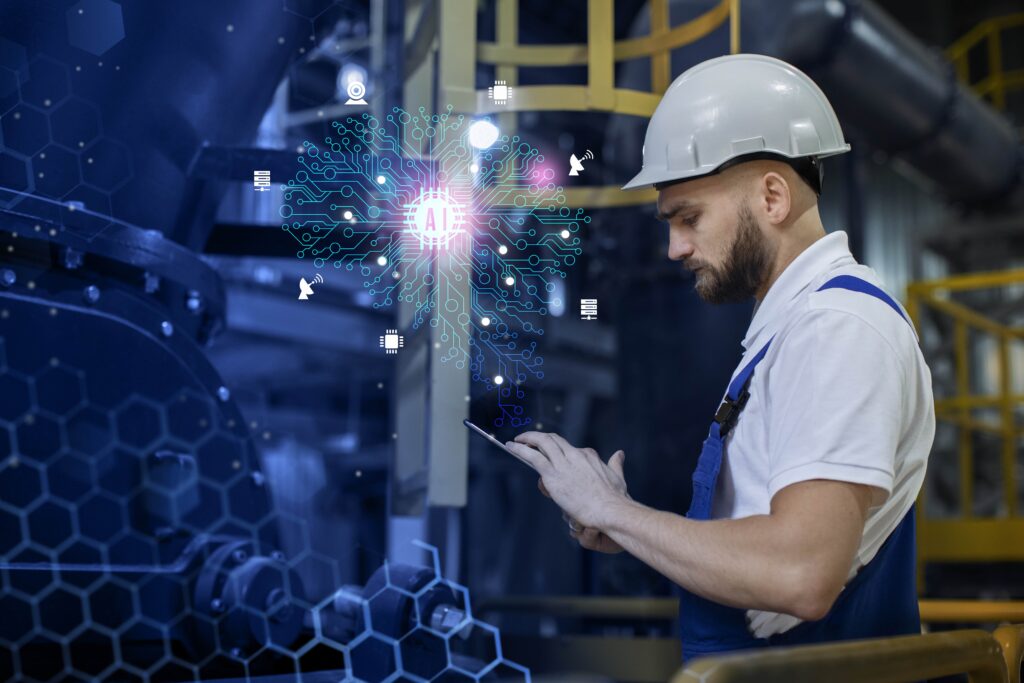
AI applications in construction encompass a wide range of functionalities, including project planning, design optimization, resource allocation, and risk management. In addition, machine learning algorithms analyze vast datasets to identify patterns, predict potential issues, and provide actionable insights to project stakeholders.
The adoption of AI technologies enhances project efficiency and productivity by automating repetitive tasks, optimizing workflows, and reducing human error. In addition, ai-driven tools streamline project scheduling, procurement processes, and logistics management, enabling construction teams to deliver projects on time and within budget.
AI-powered systems play a crucial role in improving safety and risk management on construction sites. In addition, predictive analytics algorithms analyze historical data and real-time sensor inputs to identify potential safety hazards, assess risks, and implement proactive measures to mitigate accidents and injuries.
AI-based design tools assist in optimizing building design and performance by creating complex structural models. In addition, by harnessing AI algorithms, architects and engineers can create innovative, sustainable designs that maximize energy efficiency and occupant comfort.
As AI continues to develop, its role in construction drives innovation and efficiency across the industry. However, integration complexities and workforce readiness need to be addressed to fully realize the potential of AI in construction.
In short, integrating Artificial Intelligence in construction processes opens up new opportunities for efficiency, safety and sustainability. In addition, by embracing AI-driven technologies and fostering collaboration between human expertise and machine intelligence, the construction industry can navigate complex challenges and deliver superior outcomes for stakeholders.
StayD Construction @. All rights reserved